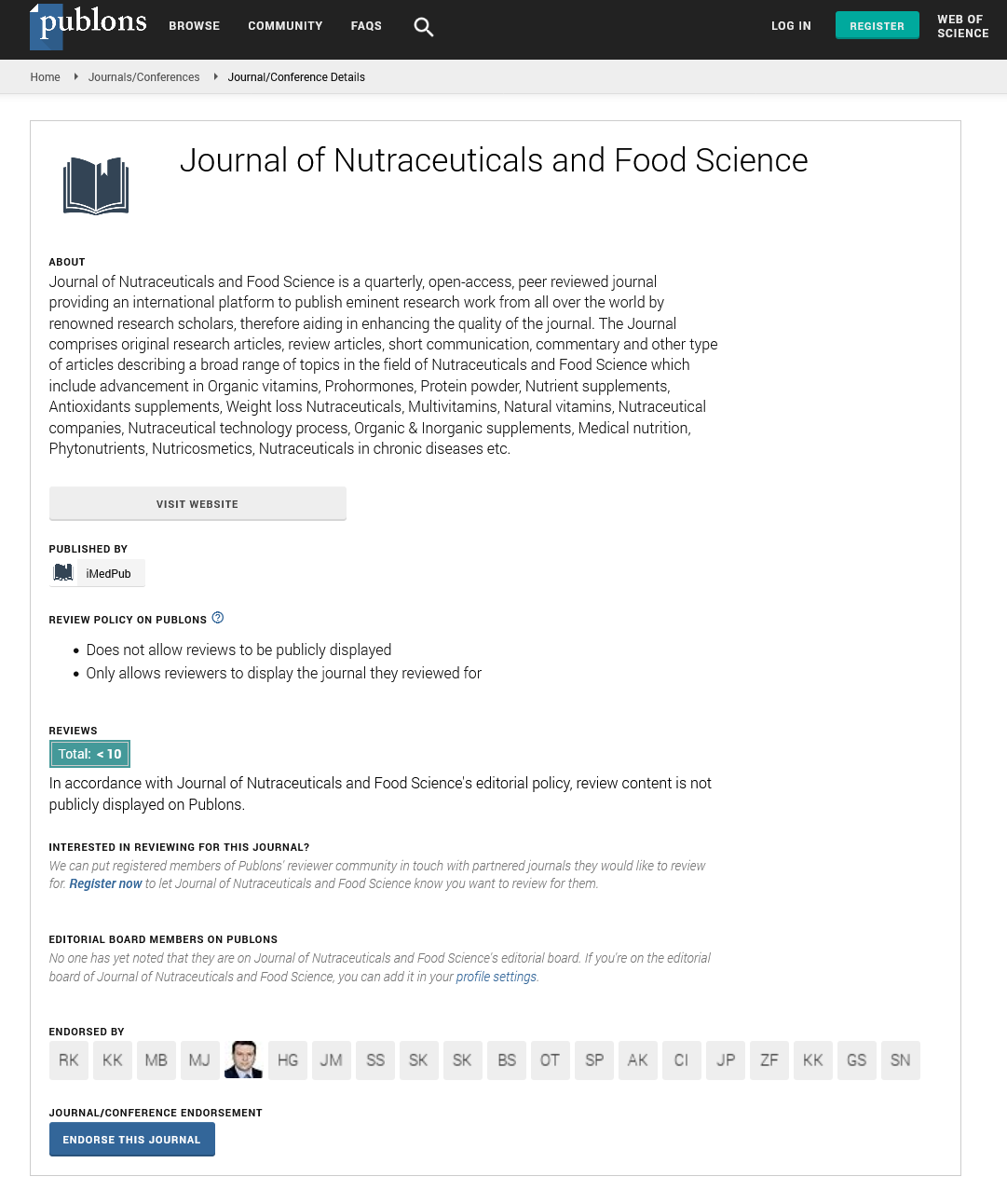Abstract
Nutrition therapy in Intra abdominal Tumors patient with chylothorax and pleural effusion
A chylothorax can be defined as a leakage of chylous fluid from an abnormal or damaged thoracic duct or the main branch thereof, after an injury or obstruction in the pleural cavity. Management of a chylothorax includes surgical and conservative medical treatment that includes medical nutrition therapy. Nutrition support is of the utmost importance in the management of a patient who presents with a chylothorax to prevent the development of complications, such as malnutrition. The goals of nutrition therapy are to decrease the production of chyle, replace fluid and electrolytes, and maintain and/or replete nutrition status. We reported 45 years old women with SGA score C, admitted to the hospital with an intraabdominal tumor with chylothorax and pleural effusion. Laboratory findings are severe hypoalbuminemia (1,9 mg/dl), severe hyponatremia (117 mmol/L), anemia (10 mg/dl), leukocytosis (24.9 103 /µl), and thrombocytosis (806 103 /µl). Nutritional therapy by giving 1800 kcal of energy, protein 70,2 g per day, carbohydrate 225 g per day, and lipid 68 g per day through enteral and parenteral nutrition. Supplementation administered are zinc, vitamin A, thiamine, pyridoxine, mecobalamin, vitamin C, and snakehead fish extract high content protein albumin (Pujimin®). After 21 days, there are clinical and metabolic improvement in albumin (1,9 g/dl to 3,1 g/dl), Hb (10 to 12,4), Leukocyte (24.9 103 /µl to 7.6 103 /µl), trombocyte (806 103 /µl to 453 103 /µl), natrium (117 mmol/L to 135 mmol/L), and decrease the production of chylous fluid.
Author(s):
Dina Noerlaila Hadju, Haerani Rasyid
Abstract | PDF
Share this

Google scholar citation report
Citations : 393
Journal of Nutraceuticals and Food Science received 393 citations as per google scholar report
Journal of Nutraceuticals and Food Science peer review process verified at publons
Abstracted/Indexed in
- Google Scholar
- Publons
- Secret Search Engine Labs
Open Access Journals
- Aquaculture & Veterinary Science
- Chemistry & Chemical Sciences
- Clinical Sciences
- Engineering
- General Science
- Genetics & Molecular Biology
- Health Care & Nursing
- Immunology & Microbiology
- Materials Science
- Mathematics & Physics
- Medical Sciences
- Neurology & Psychiatry
- Oncology & Cancer Science
- Pharmaceutical Sciences


